Trying to deal with the fact that it is Thursday already, let’s dive into this day at Concorto!
At 6 pm at Palazzo Ghizzoni, the third part of the Focus Irlanda, here the reviews.
At Parco Raggio, an evening loaded with short films, starting with Thanasis Neofotistos’s new film Route 3 and then Zhe Li Bu Shi Na Li, a film that from Greece takes us to Singapore, and Dcera, an animation about pain and forgiveness.
The evening continues with Día de la Madre, whose main character is music, while Playback. Ensayo de una Despedida shows us the collective Kalas, born in Córdoba, Argentina. Celle qui porte la pluie brings together landscapes full of emotions, Ayn Levana revolves around a bike being stolen and Vantan Pa Doden is an irreverent, typically Swedish tragicomedy.
At 11:30pm in the greenhouse, the experimental films Ubik and in the Boschetto Any Other Solo playing live.
Zhe Li Bu Shi Na Li – Nelson Yeo
Seen by Irene Pagano
Joseph Fink once said something about the thin semantic line between horror and beauty being covered in jellyfish.“Here is not There” by Nelson Yeo concerns itself with both but ultimately chooses neither, walking firmly on the border and depicting a human tragedy glistening with tenderness. His depiction of the city at night perfectly frames that oxymorical kind of charm the suburbia possess, of beauty born in decay. The night is the time in which the low-wage immigrant workers live, haunting the back of warehouses and storage rooms’ roofs. They’re guests in the country and although they own very little and earn even less, they’re not slaves. In fact, they’re more akin to ghosts. The story is set a little before the Hungry Ghost Festival, a traditional Taoist and Buddhist festival held in certain East Asian countries. During the Ghost Festival, the deceased are believed to visit the world of the living, the latter guiding them with fires and lanterns and offering them food. It might be a stretch to find parallels between the deceased and the working class, but emerging from stasis to venture into the shadows of a foreign world looking for food and benevolence might in many cases recall something the not-yet-dead have experienced first-hand.
Moving in this dark, dim-lit scenery, the two unnamed characters share their life stories, both marked by a sense of duality, and find confort in each other through meals and jellyfish-themed gifts until an unforeseen event forces them to remember their transient nature in this world. From that point onwards, they’ll have to leave behing the fascinating, squalid night scenery to step into the light, where they’re stripped from the comfort and hope that they buildt among amber lights and midnight talks.
With amazingly soft and warm photography, almost stuck in a perennial dusk, Yeo tells a story about two souls lost in the whirlwind of human experience.
Dcera – Daria Kashcheeva
Seen by Irene Pagano
“Dcera” is a stop-motion animated short film by Czech director Daria Kashcheeva that analyses the complexities of a father-daughter relationship without using a single word. It has been widely praised, among other reasons, because of the unique character design (distinguished by the rough, papier-mâché-like look and extremely expressive eyes) and of the groundbreaking use of hand held camera movement, never before utilized in a stop-motion film. Kashcheeva perfectly visualizes that specific kind of darkness stories of childhood can transmit and employs her characters’ muteness not only as a metaphor of their complete incapability to properly communicate with each other, but also to actively build the feeling of anxiety and uneasiness that characterizes that sort of limbo in which a parental relationship slips once the bond is irremediably broken but affection, albeit in a lurking and almost threatening way, still exists. This is very clearly a story of mourning, not for a lost loved one but for their lost love, bound to stay unspoken due to both parties’ inability to display and respond to affection. Very striking is the bird symbolism, usually associated with hope and escapism, becoming here an allegory for a wish for death and the feeling of acceptance and relief that comes with it.
Día de la Madre – Ashley Brandon
Seen by Vanessa Mangiavacca
Music is the main protagonist of this short film self-produced at a low budget (about 300 dollars), filmed in less than 24 hours, where the two directors follow step by step the performance of a group of kids from the Mariachi Academy: they are about to break in their homes during the night to celebrate Mother’s Day. Trumpets and charro outfits invade the scene: Dia de la madre is snap-shot, a brief, sweet and folkloristic clip on Mexican tradition and on the maternal figure, a simple and sincere portrait.
Playback. Ensayo de una despedida – Agustina Comedi
Seen by Sofia Brugali
Cordoba, Argentina, late 80s. The dictatorship is over, but the repression is not. Social intolerance and police violence, together with the AIDS epidemic, weigh on the LGBT+ community. In this context three transexual friends – “la Delpi”, “la Colo” and “la Gallega” – clandestinely found the artistic organization Kalas. Their performances are a part of the city’s underground scene and become a space where they can self-represent and imagine happy endings.
The director Agustina Comedi re-elaborates old VHS and lets “la Delpi” (the only survivor) comment, remember, recount. Her alternative narration is a homage to her perished companions, who gain immortality on the screen.
Celle qui porte la pluie – Marianne Métivier
Seen by Vanessa Mangiavacca
When it rains everything seems to take on a different tone: lights fade and a certain melancholy occupies the surrounding spaces, as well as the emotional ones; it is an atmospheric ritual that implies exhausting waits and that presents every time a mystical function.
The protagonist of Celle qui porte la pluie takes refuge in a forestry and humid landscape, in a particular period of her life: her father is dying. Marianne Métivier gives the audience a personal and intimate portrait, strongly autobiographical: it is nearly tangible the presence of suffering described in the silences, interrupted only by the rain ticking. Wait, acknowledgment of death and acceptance of suffering get exorcised through the image of water, to erase, purify and start again.
Ayn Levana – Tomer Shushan
Seen by Vanessa Mangiavacca
Ayn Levana is an Israeli short film that centers around a bike being stolen and found again. It is hard not to be touched by Tomer Shusan’s work, which succeeds in revealing, through ordinary life, the inconsistency of Israel’s socio-political situation and its strict and nationalist immigration policies, shaped to protect the white eye only. Many are the references in a series of events that revolves around the main characters and that sharply highlights the contradictions and flaws of law, as well as the injustice which results: on the background, in the rear of the city, illegality and criminality dominate unobserved and undisturbed under the indifferent eye of the police. Omer and Yunes embody the two faces of the Israeli community and two opposite social classes: the arrogance of the former will end up changing forever the latter’s life, realizing too late some social issues. A long sequence plan on Tel Aviv and its hidden sides raises important thoughts and questions about how just law is and how we relate to what is “different”.
I vantan pa Doden – Marianne Métivier
Seen by Sofia Brugali
An old man on a hospital bed keeps thinking about his minced meat and the two jars of mustard he left opened in the fridge. On the contrary, his son would rather talk about important and deep themes, to make the last moments with his father memorable. Personal details, kept secret for too long, will be revealed…
In this desecreting tragicomedy, Lars Vega reflects on death experienced as an everyday event, at all special.

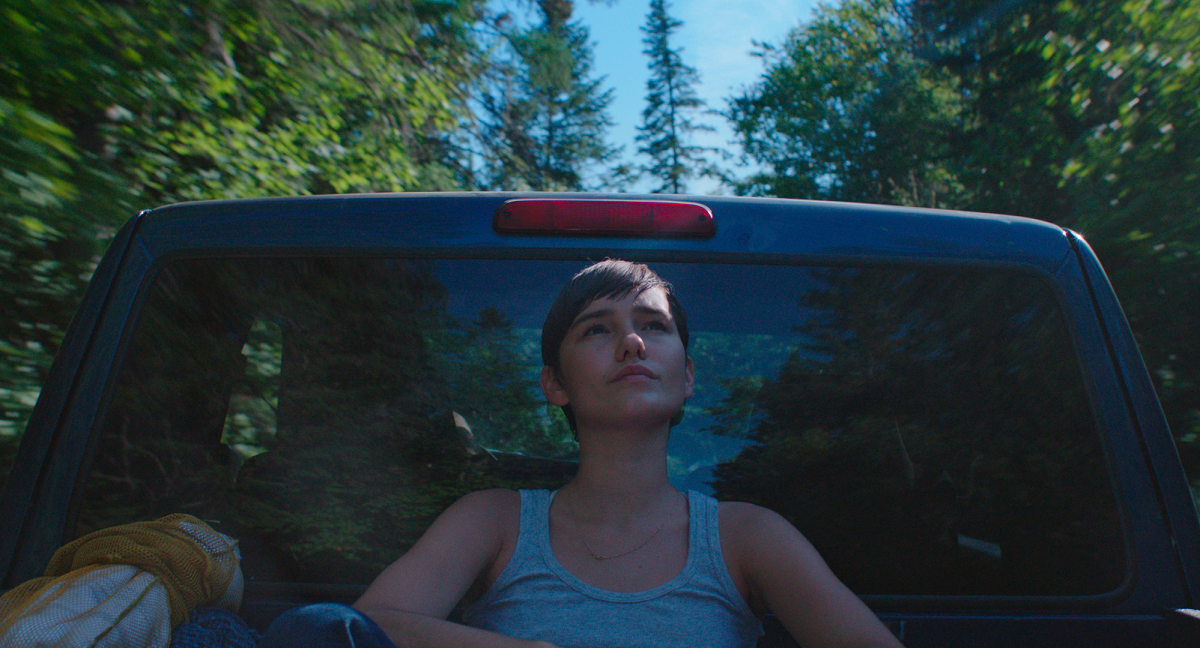
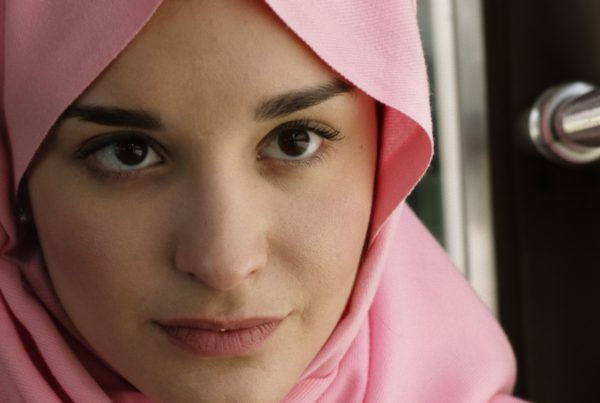
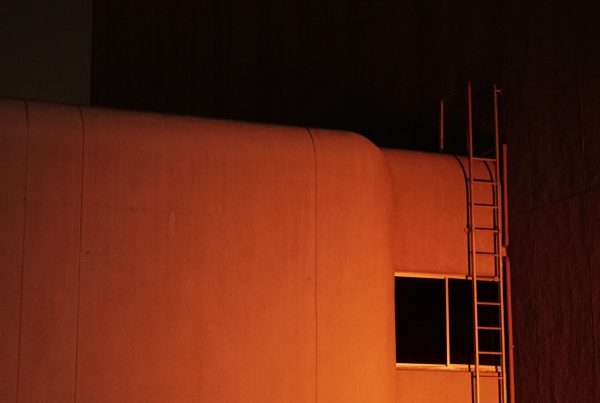
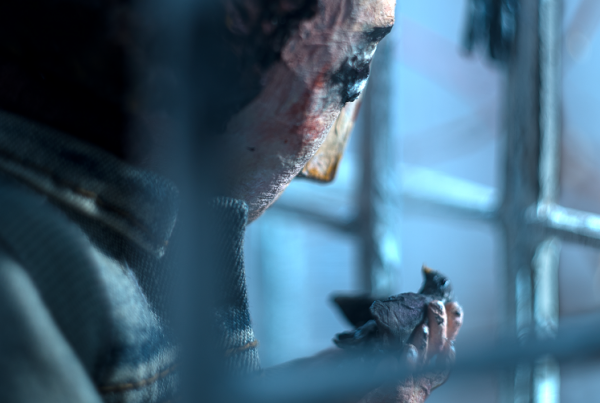
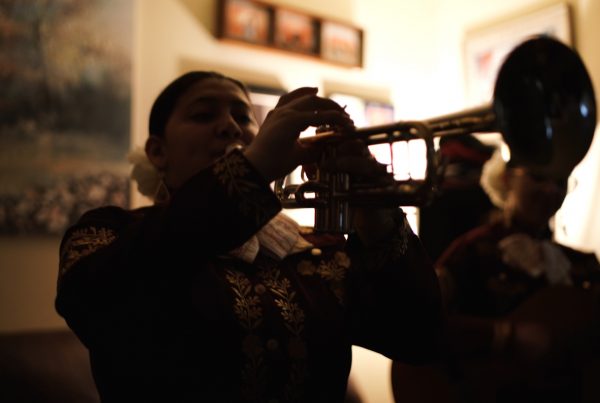
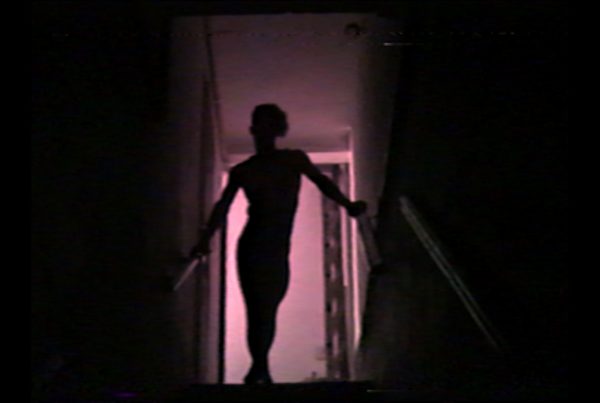
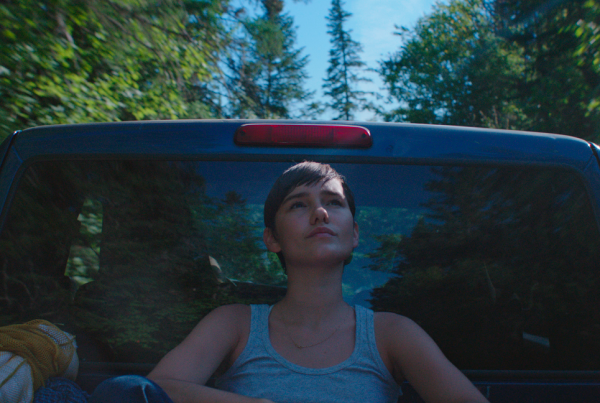
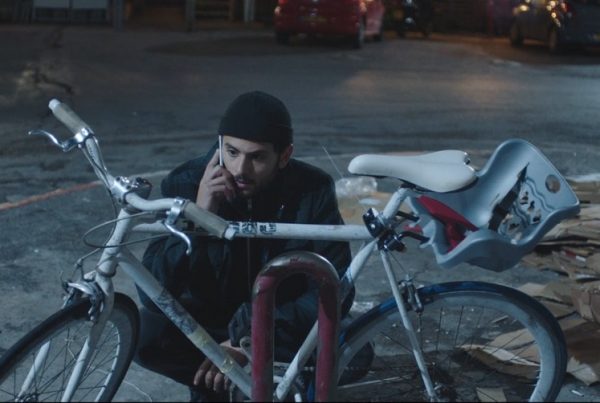
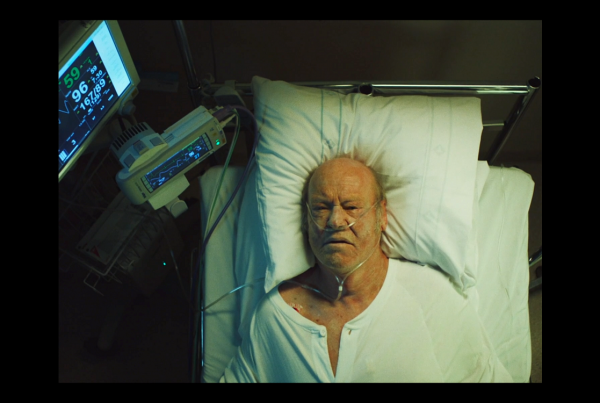



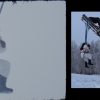


Commenti recenti